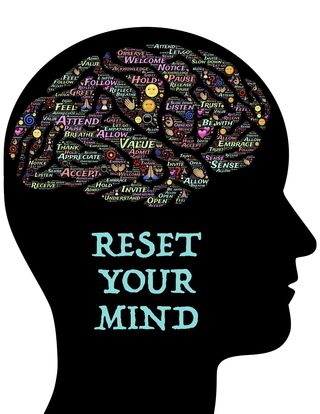Articles on Motorcycle Rider Education: Part III – the “Laws” of Learning E. L. Thorndike and The “Laws” of Learning Thorndike (1928, 1932, 1935) was a pioneer in educational psychology
How Riders Learn

Articles on Motorcycle Rider Education: Part IV – How Riders Learn
How Riders Learn
As discussed previously, learning is a result of perceptions that reach the brain through one or more of our senses (sight, hearing, touch, smell, taste). …
Learning Levels

There are several different levels of learning and each with its own characteristics. This article will discuss four specifics types: rote, understanding, application, and correlation which may be considered as segments along a continuum or the depth of learning. …
Learning Riding Skills

The process of learning riding skills consists of multiple skill sets that will create an end result of happiness and pleasure in most students. …
Transfer of Learning
Human Behavior

Articles on Motorcycle Rider Education: Part IX – Human Behavior
When learning new skills, especially during the beginning of rider development, it is essential to form the correct habits so that future performance continues after completing a course. A coach is responsible for insisting on the proper procedures and techniques to develop excellent habit patterns from the moment training begins. …
Human Needs

Articles on Motorcycle Rider Education: Part X – Human Needs.
First and foremost, students should always be recognized as individuals and human beings. …
Defense Mechanisms

Articles on Motorcycle Rider Education: Part XI –
Behaviors that are subconscious defenses against unpleasantness are reactions called defense mechanisms. …
Human Relations

Motorcycle rider education is whole heartedly best when there is student-to-student interaction, but there is also the coach-to-student interaction or as its known in adult education circles the teacher-student transaction. …
Effective Communications

Communicating as a RiderCoach is an essential but sometimes difficult skill. The reason communication can be difficult are the variations and complexities associated with the teacher-learner transaction, based on too many factors to realistically discuss. …








